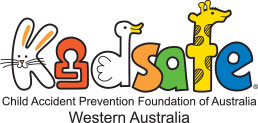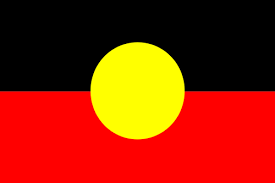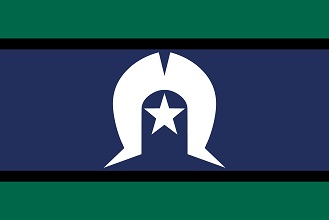Summer is a time when many children and adults relax, go on holidays and enjoy sunny long days. During this time of year children are on school holidays and often spend their time participating in a variety of recreational activities. With the absence of day-to-day routines and holidays to unfamiliar environments, the nature and risk of certain injuries can change.
Kidsafe WA has recently released the Childhood Injury Bulletin: Injuries Occurring in Summer. This shows more than 4,000 children presenting to the Perth Children’s Hospital Emergency Department every year during the summer months of December, January and February. The most common cause of injury during summer was falls followed by blunt force injuries. However of note, the proportion of drowning presentations, bites and stings and burns by a thermal mechanism, such as sunburn, were considerably higher than the yearly average.
The following steps can help reduce the risk of childhood injury during summer:
Around the Home:
- Ensure toys are appropriate for the child’s age and stage of development and are of good quality
- Be aware of toys, novelty items and decorations containing button batteries around Christmas time and ensure children do not have access to these
- Actively supervise children during gatherings and ensure everyone knows who the responsible adult is
- Always actively supervise young children within arm’s reach around water
- Restrict access to water. Home swimming pools and inflatable pools deeper than 30cm must be fenced
- Check fences for damage and ensure the pool gate is kept shut with a self-closing, self-latching gate
- Keep gardens well maintained to eliminate hiding places for insects, spiders and reptiles
- When playing outside, enclosed shoes, pants and long sleeved clothing will assist in protecting children from insect bites
- Educate your children to interact with pets in a friendly manner and teach them to not disturb pets when they are eating, sleeping or caring for young. Always ask the owner’s permission before petting
At Play:
- Always supervise children when they are playing and teach them how to use equipment safely
- Ensure that there is only one person at a time jumping on the trampoline
- Ensure trampolines and playground equipment meet Australian Standards and are in good condition
- Use trampoline safety features such as pads to cover the frames and springs and a net/enclosure
- Provide a clear area free from hard objects around and underneath trampolines and play equipment
On the Road:
- When using or gifting bicycles and other small-wheeled devices, ensure that they are the right size for your child and that safety equipment is provided. Children should always wear a helmet that complies with the current Australian Standards and fits the child’s head properly
- A footpath or shared path is the best place for children. Riders must keep left and give way to pedestrians
- Children riding bikes and other small-wheeled devices should wear clothing that is highly visible to road users. This can include the use of reflective tape, reflectors, flashing lights and visibility flags
- Teach children how to cross the road safely and be aware of cars entering or exiting driveways
- When travelling in the car ensure children use a correctly fitted child car restraint for their age and size. For older children, ensure they use a seatbelt at all times when travelling in the car
- Never leave children unattended in a car. On a typical Australian summer day, the temperature inside a parked car can be 30° higher than the outside temperature
Beat the Heat:
- When the UV index is 3 or above Slip on a sun protective clothing, Slop on SPF30 or higher sunscreen, Slap on a broad brimmed hat, Seek shade and Slide on some sunglasses to protect yourself from the sun. For more information visit: https://cancerwa.asn.au/cancer-prevention/sunsmart/
- Ensure children drink adequate amounts of fluid. Water is the best choice for children to stay hydrated. If they are younger than six months, offer your baby extra breastfeeds or formula to drink
- Dress babies in light loose clothing and avoid overdressing them
- Try to stay indoors with your baby during the hottest part of the day
To view the full report visit: http://www.kidsafewa.com.au/wa-childhood-injury-surveillance-bulletins-amp-reports-professionals




